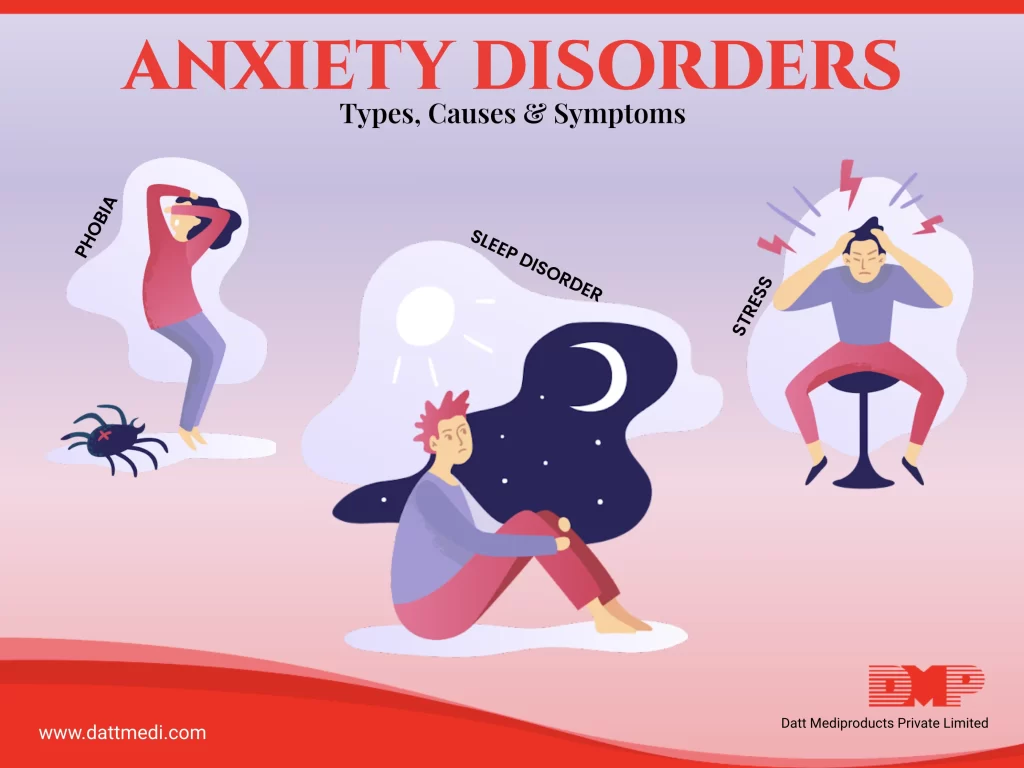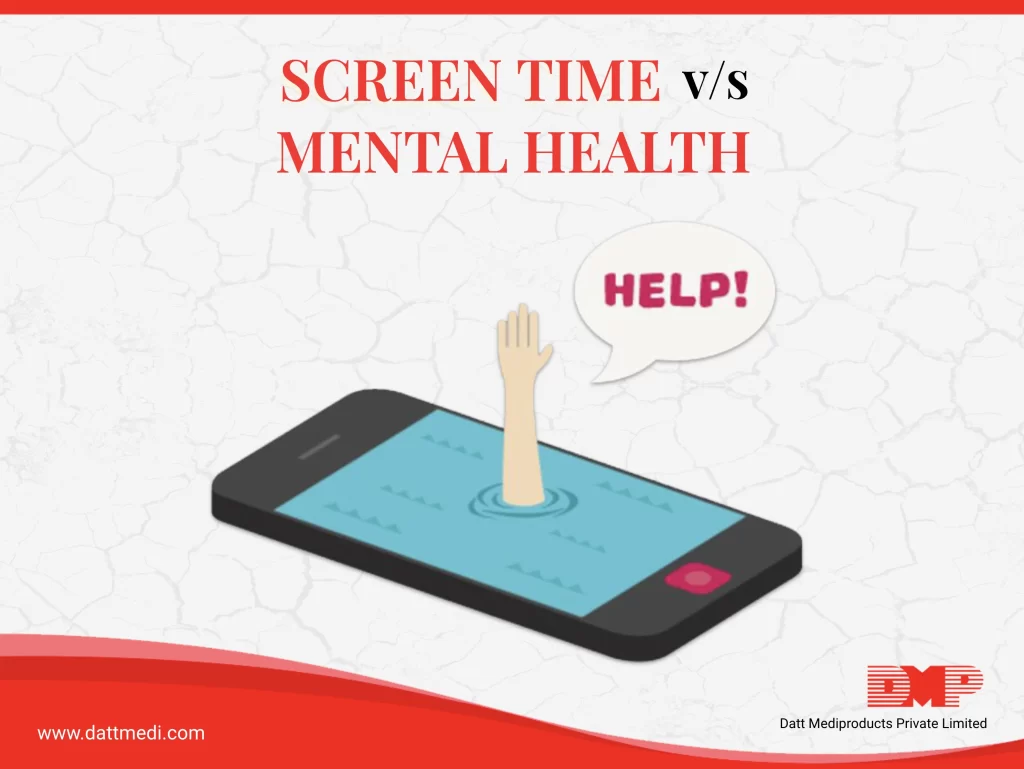
Have you felt anxious or worried while sitting for a job interview or while undergoing a medical examination?
These occasional feelings are perfectly normal but when it becomes difficult for a person to control such feelings it becomes a clinical problem.
Such unusual experiences include excessive fear, anxiety, and other behavioral disturbances and are categorized as Anxiety Disorders.
There are several conditions that fall under anxiety disorders such as Panic disorder, Phobias, Post-traumatic Stress Disorder (PTSD), Medication induced anxiety disorder, Generalized anxiety disorder (GAD), Social anxiety disorder (Social Phobia) or anxiety related to some other medical conditions.
Anxiety is the main symptom of all these conditions.
Do you know?
Anxiety disorders are the most common type of psychiatric disorders, as per the American Psychiatric Association. Women are more likely to experience anxiety disorders.
Anxiety disorders make a person feel anxious about a wide range of surrounding conditions and issues, rather than being specific on any one situation/event.
Let us discuss some of the types of anxiety disorders:
– PHOBIA Related Disorders:
Phobia is a sense of fear of certain objects or situations. The fear is so intense that it’s out of proportion to the actual danger the object or the situation is capable of causing and also hinders a person’s ability to function normally. People with phobias are excessively worried about encountering these situations/objects and take every necessary step in order to avoid them.
a. SPECIFIC PHOBIAS, also designated as simple phobias, is extreme anxiety or fear towards some specific types of objects or events like height, flying, blood, receiving injections, or some animals like cockroaches, spiders, snakes, etc.
b. SOCIAL PHOBIA, also called social anxiety disorder, is characterized by people having a general intense fear of facing the public, giving social performances, etc. Such people are anxious about being embarrassed and negatively evaluated by others whether in the workplace or school or college.
c. AGORAPHOBIA, is another type in which people have an intense fear of using public transportation, being in open or enclosed spaces, being in crowded areas or standing in line, etc. Such people have panic-like reactions that can become disabling for them. In order to avoid these, people suffering become housebound.
– GENERALIZED ANXIETY DISORDER:
Physical symptoms include being easily fatigued, irritable, restless, difficultly controlling feelings of worry, and mind going blank, having sleep problems. Generalized Anxiety Disorder includes continuous and excessive worry and tension, often about daily activities or job responsibilities.
– PANIC DISORDER:
This is characterized by recurrent panic attacks with symptoms like chest pain, palpitation, sweating, chills or hot flashes, nausea, breathing problem, trembling etc. It’s a combination of physical and psychological distress. The symptoms are so intense that panic disorder may be mistaken by a heart attack. Mental conditions like Depression or PTSD may be associated with panic attacks.
– SEPARATION ANXIETY DISORDER:
A person with a separation anxiety disorder is persistently worried about losing someone who they love or are attached to. This causes distress and affects their functioning and the person is reluctant to perform activities like sleeping or eating without that person.
– INSOMNIA:
Anxiety and stress often cause sleep disturbance or make it worse. Insomnia is a clinical term for sleeping problems. Both sleep disorders and anxiety are interrelated and each one can cause the other.
Like anxiety, disturbed sleep is associated with nearly all psychiatric disorders.
We @Dattmediproducts understand that despite of the high prevalence rates, these anxiety disorders are often underdiagnosed and untreated. There are a lot of therapy programs that help with anxiety problems. Cognitive-behavioural therapy (CBT) is the most widely used therapy for anxiety disorders. We recommend going and seeing a doctor to come up with a treatment regime to help you. The goal is to lower your anxiety levels, calm your mind, and overcome your fears.







